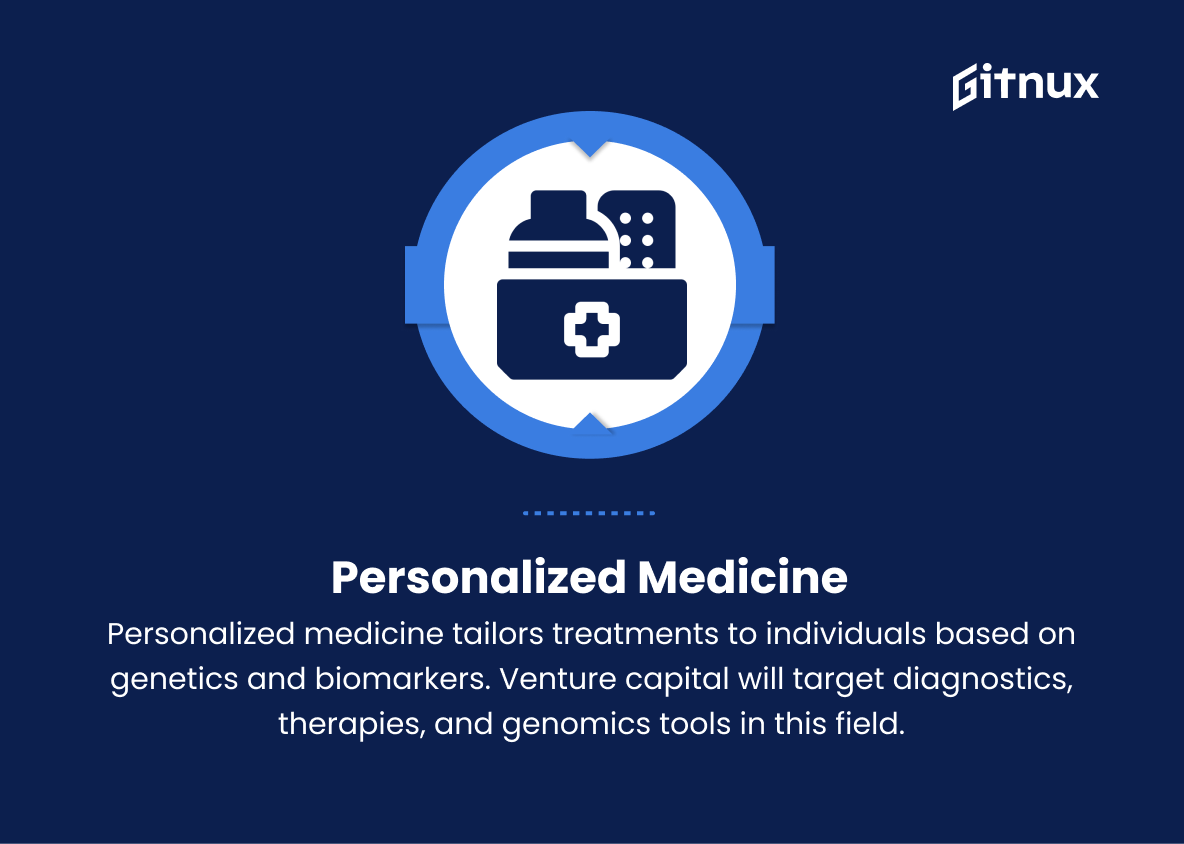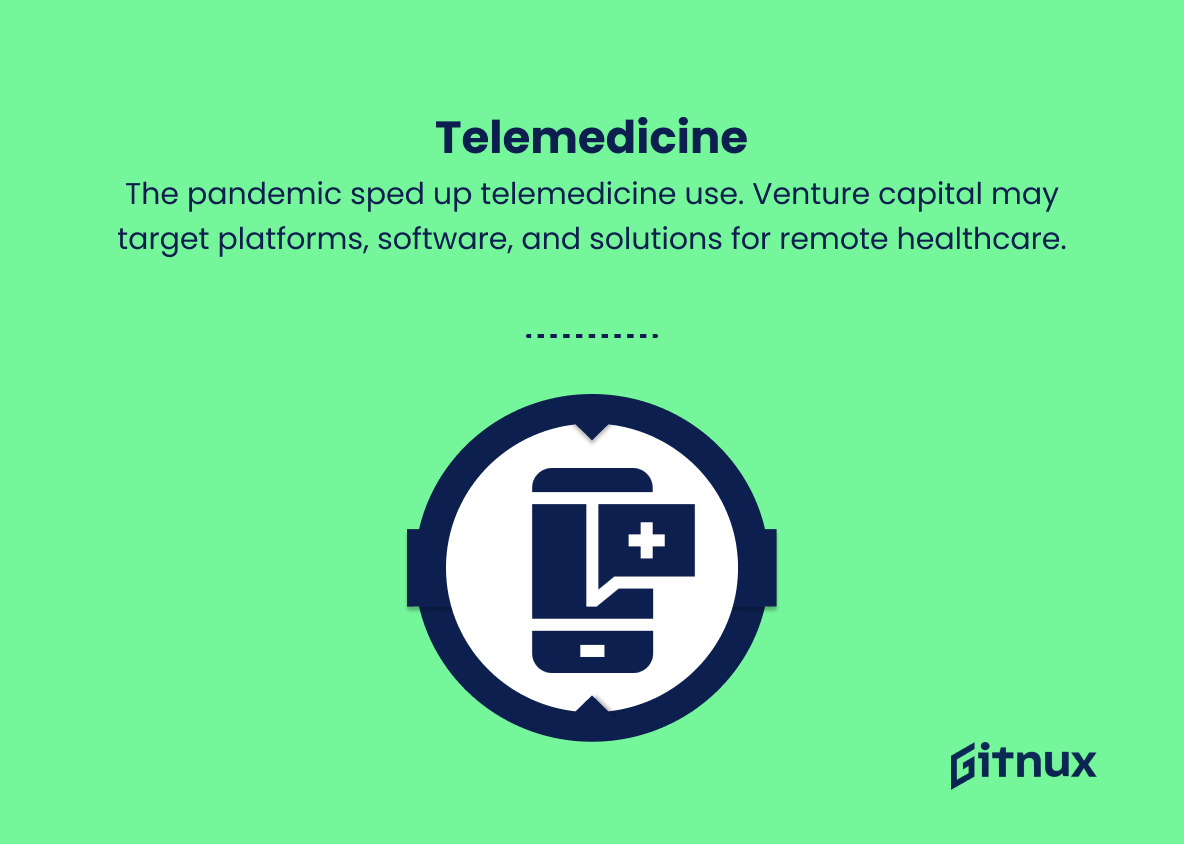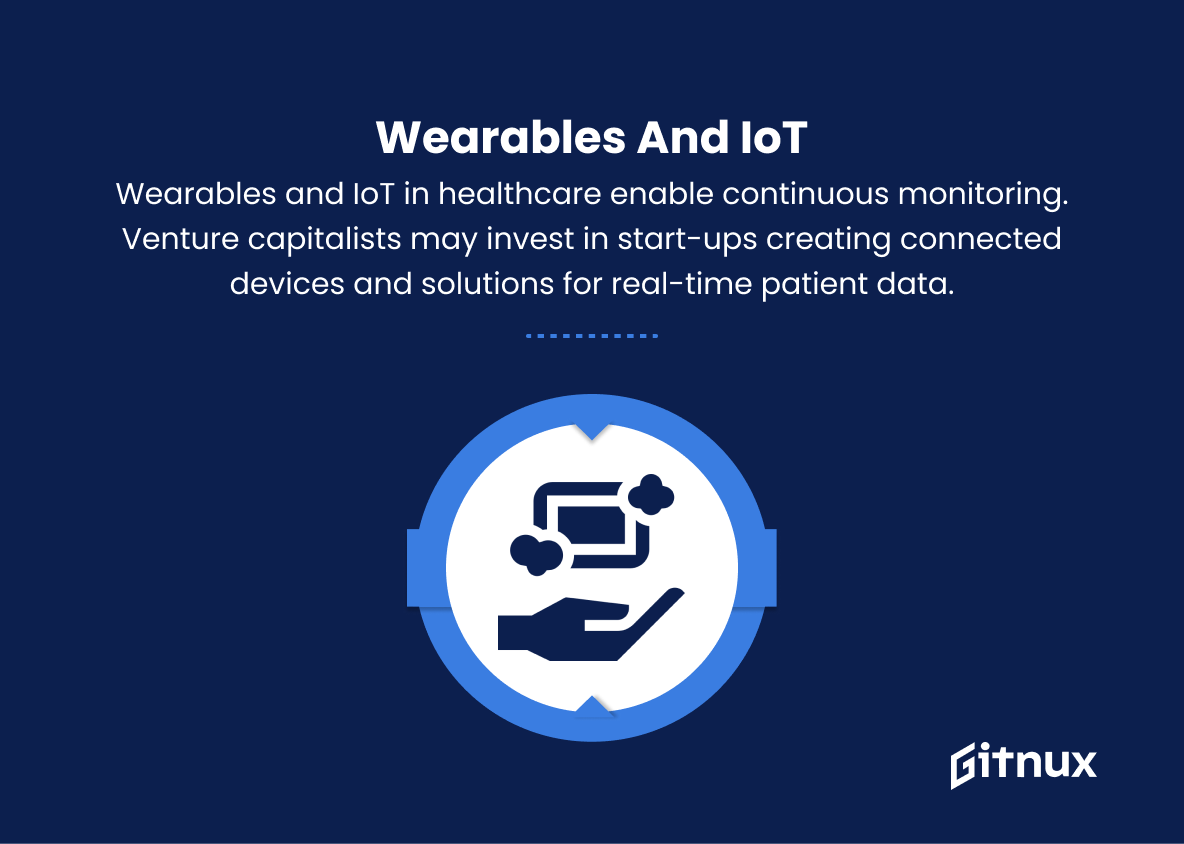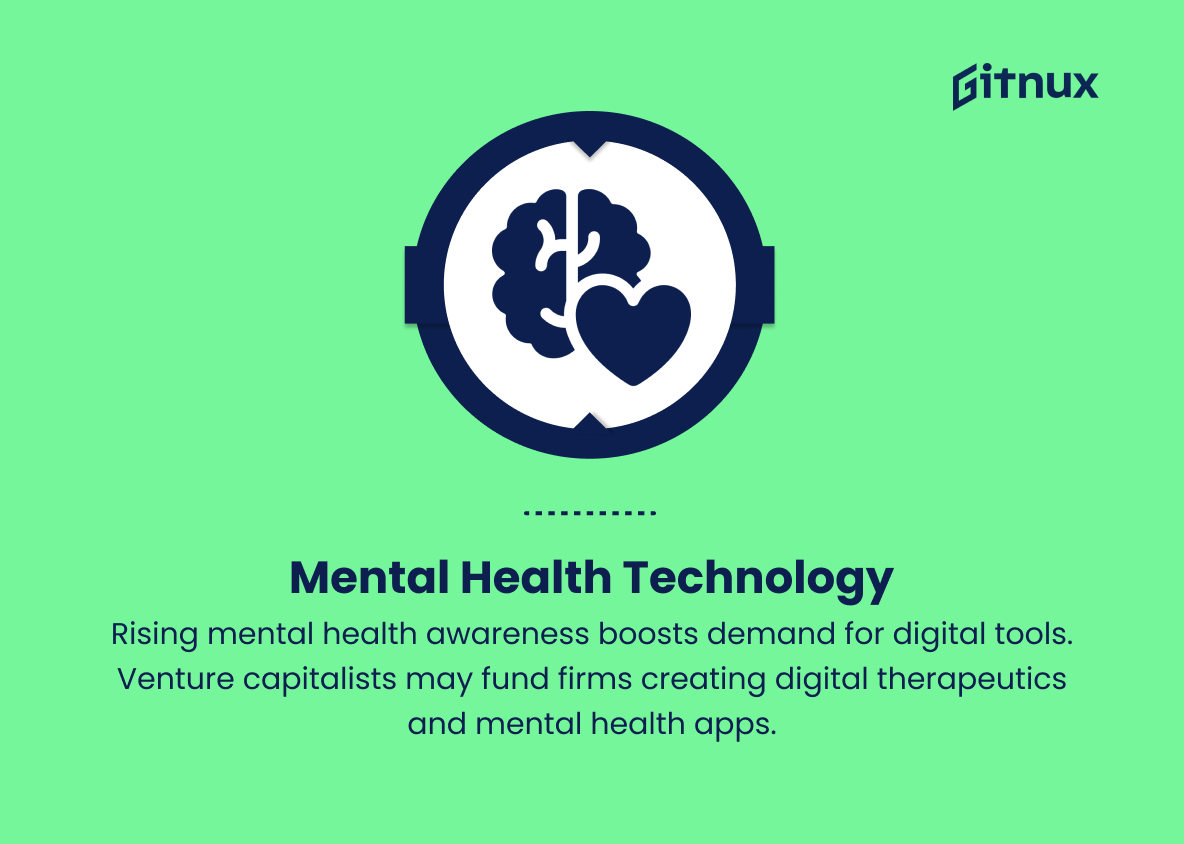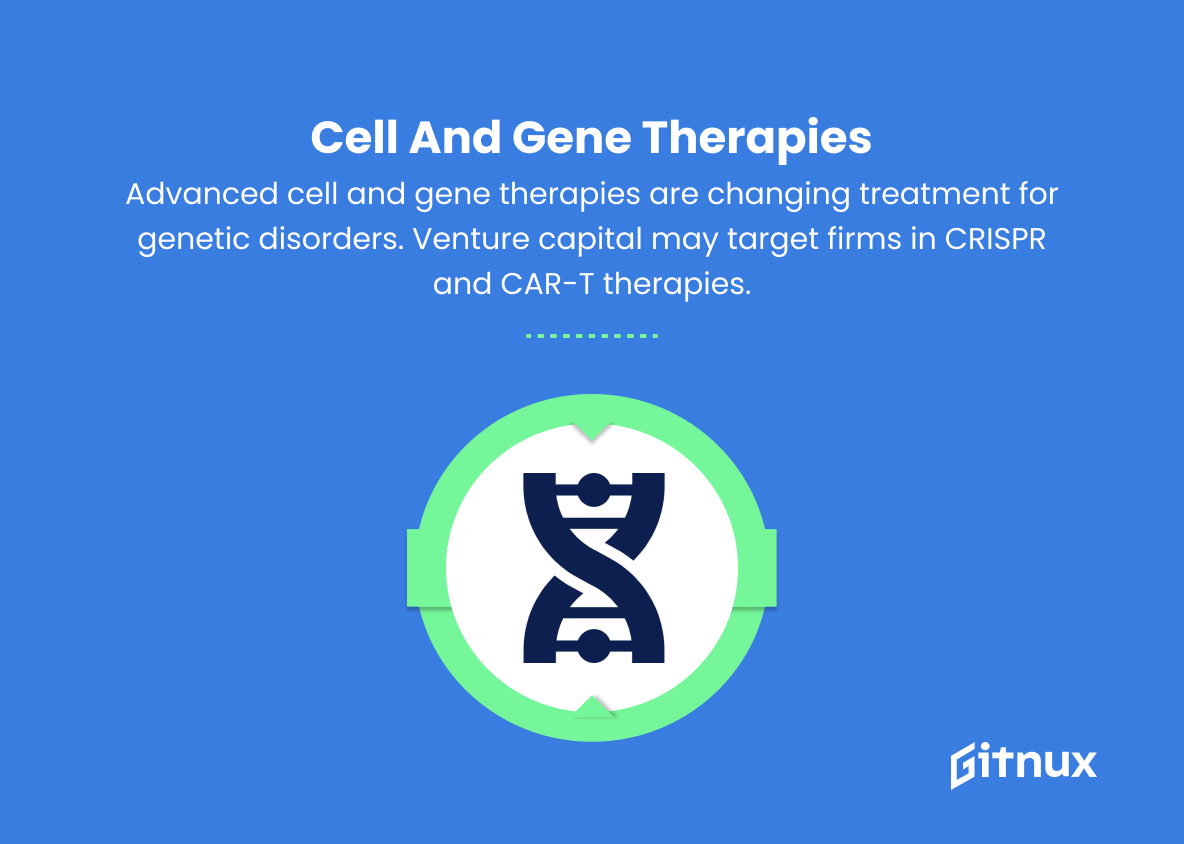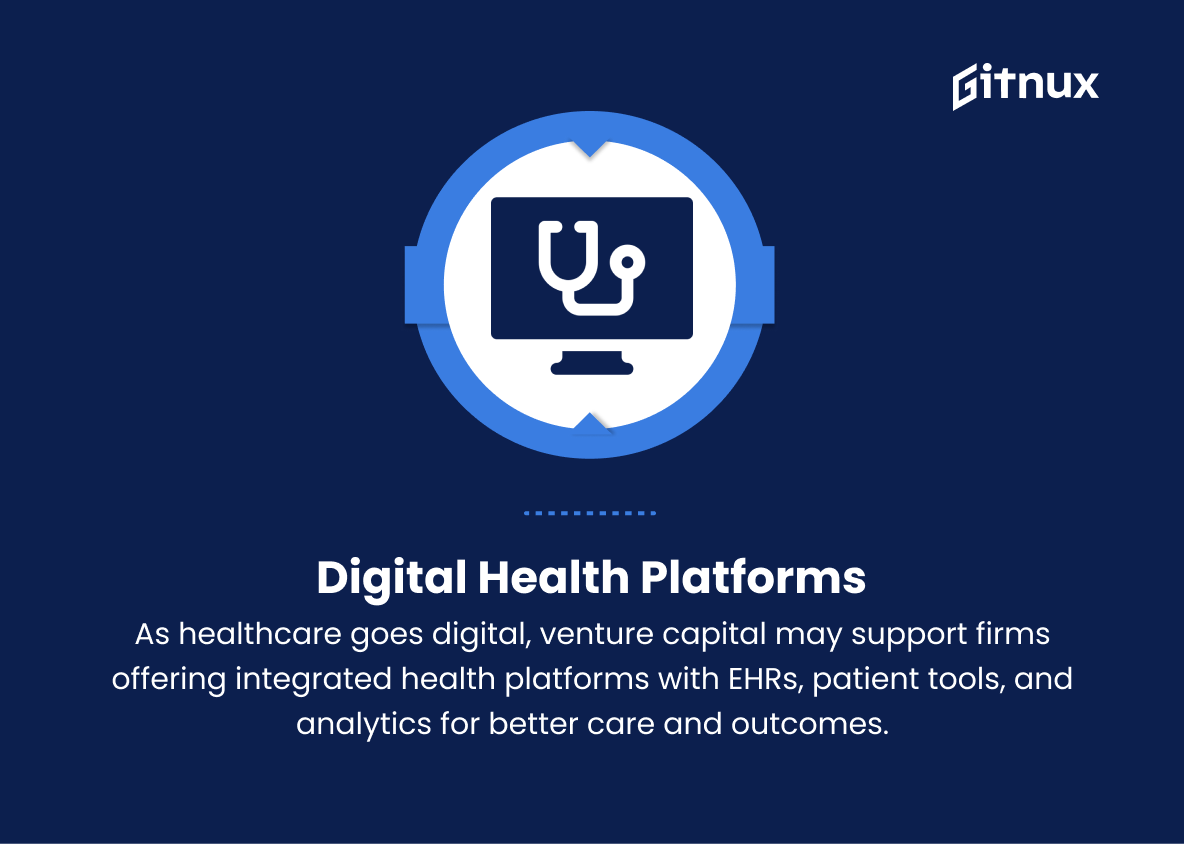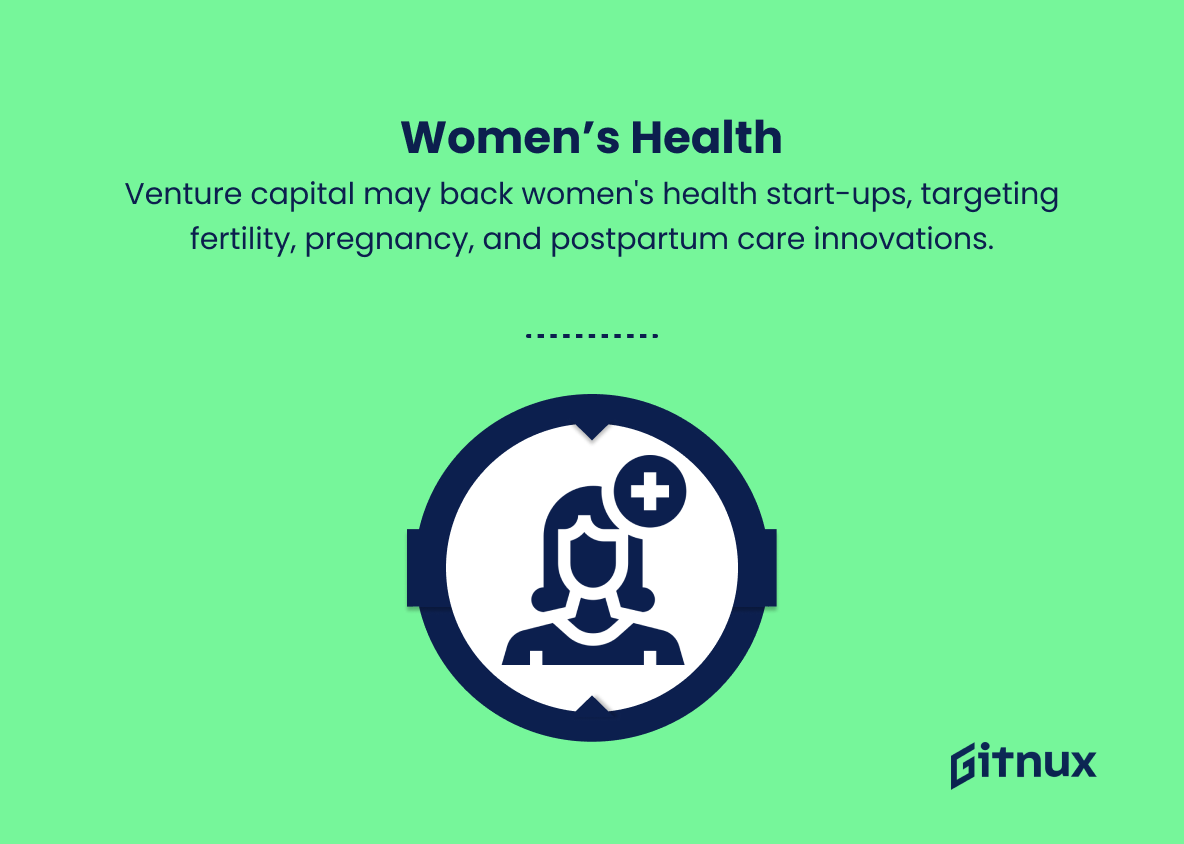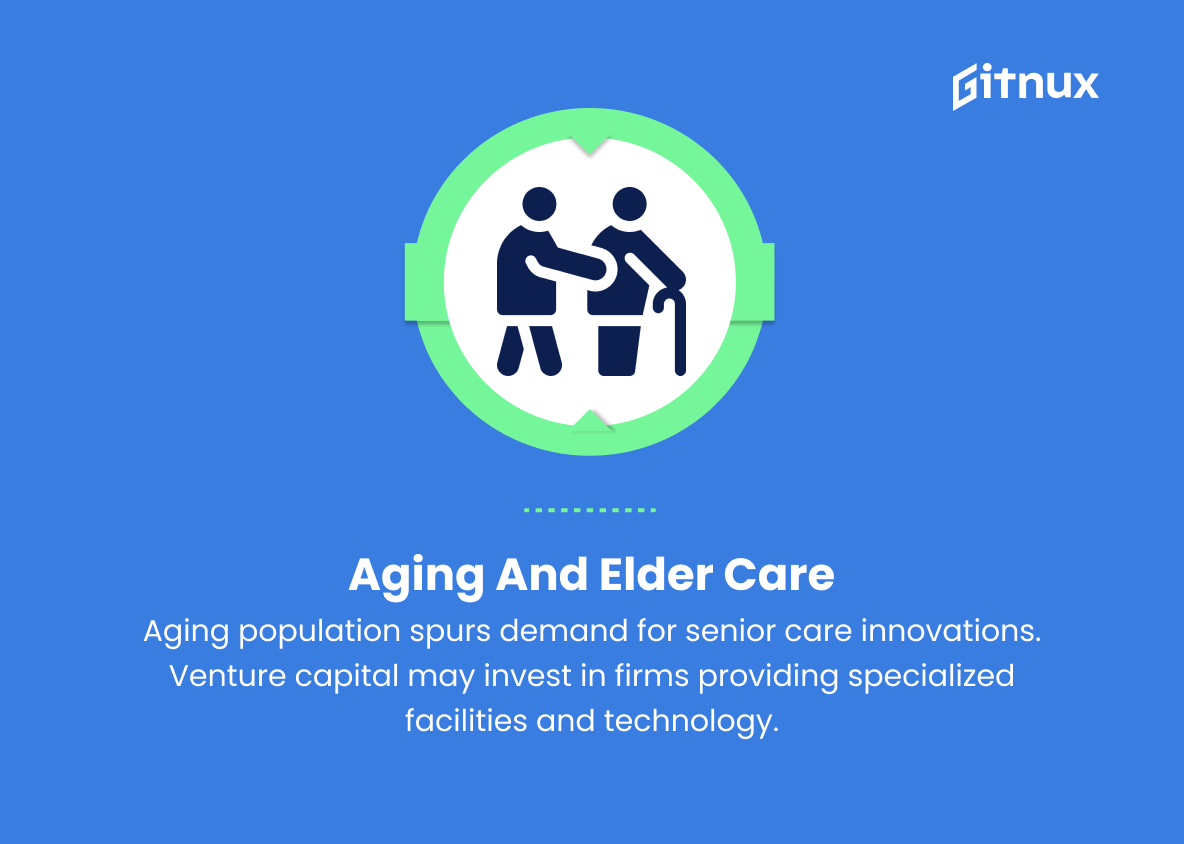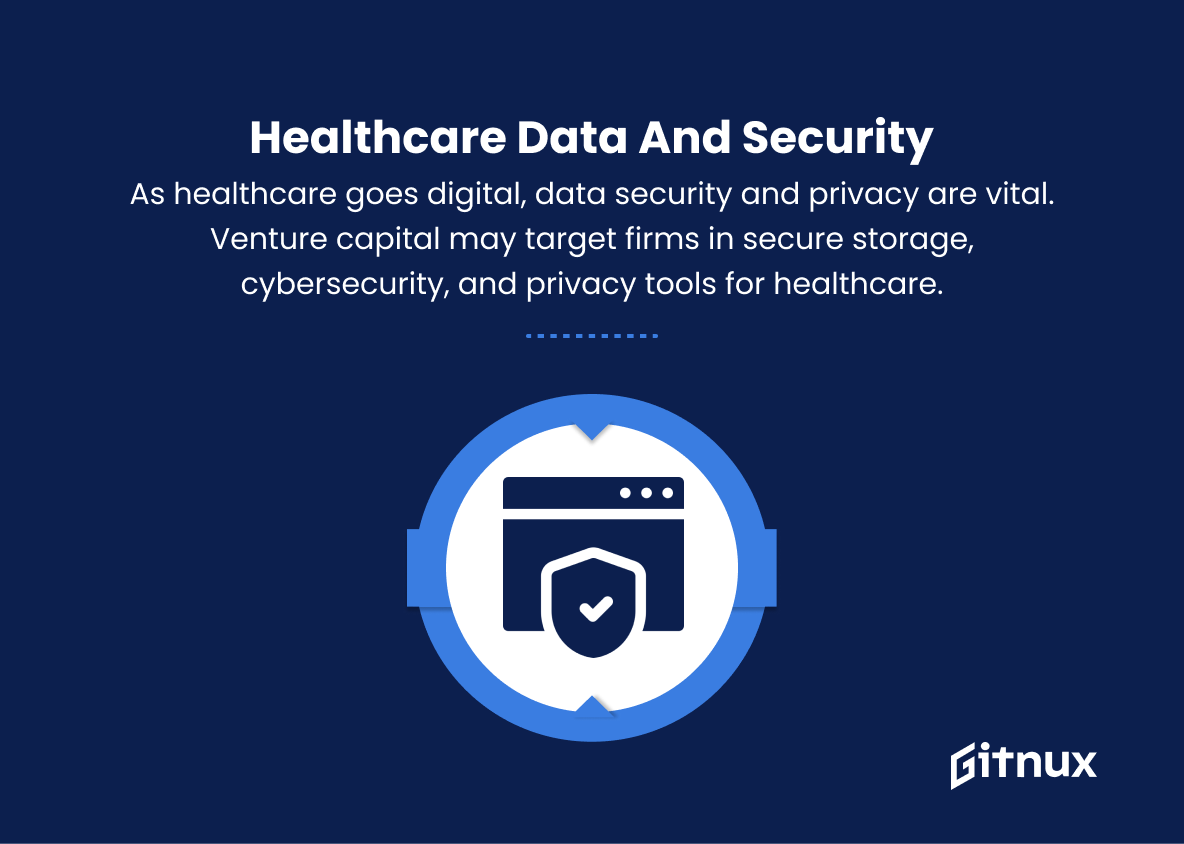In today’s dynamic healthcare landscape, the role of venture capital (VC) in shaping the future of the industry is more significant than ever before. As innovative companies develop groundbreaking technologies, therapies, and services, venture capitalists serve as instrumental partners, providing not just essential funding, but strategic guidance and resources for growth as well.
In this blog post, we’ll explore the latest trends in healthcare venture capital. We’ll analyze the forces driving investment decisions, the sectors poised for exponential growth, and how the evolving landscape will impact investors and healthcare providers in the years to come. As we uncover these insights, we endeavor to provide an invaluable resource for entrepreneurs, industry professionals, and thought leaders navigating the increasingly critical nexus of healthcare and venture capital.
Top Healthcare Venture Capital Trends
1. Personalized Medicine
Personalized medicine, or precision medicine, is an emerging trend where medical treatments are tailored to individual patients based on their genetic makeup, biomarkers, and other unique indicators. Venture capital investments will likely focus on companies developing personalized diagnostics, targeted therapies, and genomics data analysis tools.
2. Telemedicine
The COVID-19 pandemic has accelerated the adoption of telemedicine solutions, allowing patients and healthcare professionals to interact remotely. Venture capital investments could focus on funding platforms, software, and solutions enabling telehealth consultations, remote patient monitoring, and secure data sharing.
3. Artificial Intelligence and Machine Learning
AI and ML advancements have the potential to revolutionize healthcare by improving diagnostics, predicting patient outcomes, and accelerating drug discovery. Venture capital may be increasingly directed towards companies developing intelligent algorithms, natural language processing, and predictive analytics for healthcare applications.
4. Wearables and IoT
Wearable devices and the Internet of Things (IoT) have a growing presence in healthcare, allowing for continuous monitoring of vital signs and other health data points. Venture capitalists may invest in start-ups developing connected medical devices, wearables, and IoT solutions that monitor, analyze, and respond to patient data in real-time.
5. Mental Health Technology
The growing awareness of mental health issues is driving demand for digital tools and services that can improve access to mental healthcare. Venture capitalists could fund companies developing digital therapeutics, virtual care platforms, and innovative mental health apps.
6. Cell and Gene Therapies
Innovative cell and gene therapies are offering new ways to treat severe genetic disorders and life-threatening diseases. Venture capital investments may be directed towards companies developing these advanced therapies, including CRISPR gene-editing and CAR-T cell therapies.
7. Digital Health Platforms
As healthcare shifts towards digital solutions, venture capital investors may back companies offering comprehensive health platforms that integrate electronic health records (EHRs), patient engagement tools, and data analytics to improve care delivery and patient outcomes.
8. Women’s Health
Women’s health-focused start-ups are gaining traction as investors seek to close the gap in healthcare innovation for women. Venture capital investments could support companies focusing on areas such as fertility treatments, pregnancy monitoring, and postpartum care.
9. Aging and Elder Care
The growing aging population demands innovative solutions like specialized care facilities, home care services, and assistive technology. Venture capitalists may choose to invest in companies addressing these needs, offering new options for senior living and care.
10. Healthcare Data and Security
As healthcare services increasingly rely on digital platforms, the importance of data security and patient privacy cannot be overstated. Venture capital investments may concentrate on companies providing secure data storage, cybersecurity measures, and privacy protection tools for healthcare organizations. These are just some examples of the many promising trends in healthcare that venture capitalists can focus on to shape the future of the industry.
Implications
The future of healthcare is set to be transformed by several venture capital trends, with personalized medicine leading the way by providing more targeted and effective treatments for individual patients. Telemedicine will continue to expand, offering remote consultations and monitoring, supported by advanced AI and machine learning technologies that power diagnostics, drug development, and predictive analytics. The rise of wearables and IoT devices will enable real-time monitoring and analysis of patient data, while innovations in mental health technology, cell and gene therapies, and digital health platforms will improve access to care and enhance patient outcomes.
Investments in women’s health, aging and elder care, and healthcare data and security will address existing gaps in services, focusing on the specific needs of different populations and ensuring the protection of sensitive patient information. These emerging trends, fueled by venture capital investments, will revolutionize the healthcare industry’s landscape, paving the way for a more personalized, efficient, and technologically advanced future.
Conclusion
In summary, the landscape of healthcare venture capital is constantly evolving, with emerging trends shaping the future of this sector. The increased focus on digital health, personalized medicine, and innovative care delivery models has created an array of investment opportunities for venture capitalist firms.
Moreover, the COVID-19 pandemic has highlighted the need for agility, adaptability, and disruption in the healthcare industry. As these trends continue to unfold and align with the overall shift towards preventative and patient-centric care, we anticipate a surge in healthcare venture capital investments. It is crucial for stakeholders to stay informed and engaged in order to harness the potential of these trends and drive meaningful transformation in the healthcare domain.
